Search
Remove Ads
Advertisement
Summary 
Loading AI-generated summary based on World History Encyclopedia articles ...
Search Results

Definition
Scientific Revolution
The Scientific Revolution (1500-1700), which occurred first in Europe before spreading worldwide, witnessed a new approach to knowledge gathering – the scientific method – which utilised new technologies like the telescope to observe, measure...
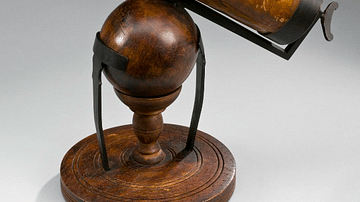
Article
6 Key Instruments of the Scientific Revolution
The Scientific Revolution (1500-1700) was driven by several key inventions, all scientific instruments that became essential to achieving a greater understanding of the world around us. With instruments like the telescope, microscope, thermometer...

Lesson
The Scientific Revolution
Before class, students will be asked to read two World History Encyclopedia articles. Introduction (10-15 minutes) Hook: Start with a thought-provoking question: "How would you determine whether something is true or not? What process would...

Article
Astronomy in the Scientific Revolution
The astronomers of the Scientific Revolution rejected long-held theories of ancient thinkers like Claudius Ptolemy and Aristotle and instead set out to systematically observe the heavens in order to create a model of the universe that fit...
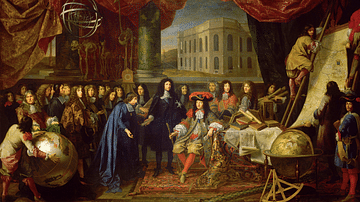
Article
Observatories in the Scientific Revolution
The foundation of observatories during the Scientific Revolution (1500-1700) followed a process of evolution from entirely independent observatories operated by a single astronomer to private observatories which received state or private...

Article
Women Scientists in the Scientific Revolution
Women scientists during the Scientific Revolution (1500-1700) were few in number because male-dominated educational institutions, as well as scientific societies and academies, barred women entry, meaning that few had the education or opportunity...
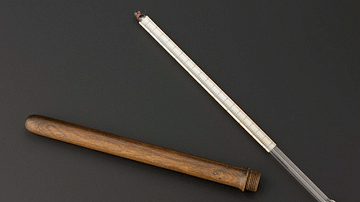
Article
The Thermometer & the Scientific Revolution
The thermometer was invented in the mid-17th century during the Scientific Revolution when scientists began to search for an accurate instrument to measure a wide range of temperatures using a scale that could be compared with other readings...
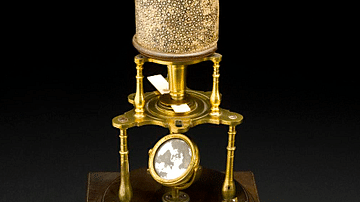
Article
The Microscope & the Scientific Revolution
The microscope was one of the most significant inventions of the Scientific Revolution, opening up completely new and miniaturised worlds. The first microscopes were invented in the first quarter of the 17th century in the Netherlands, but...

Article
The Telescope & the Scientific Revolution
The invention of the telescope in 1608 is usually credited to the Dutchman Hans Lippershey. The astronomical telescope became one of the most important of all instruments during the Scientific Revolution when figures like Galileo (1564-1642...
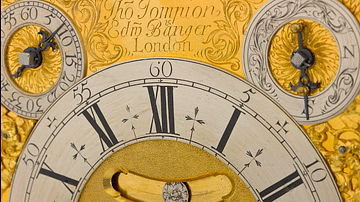
Article
Clocks in the Scientific Revolution
Keeping good time proved an elusive objective for centuries, and it was only in the second half of the 17th century, during the Scientific Revolution (1500-1700), that clocks were made which lost seconds rather than minutes each day. The...